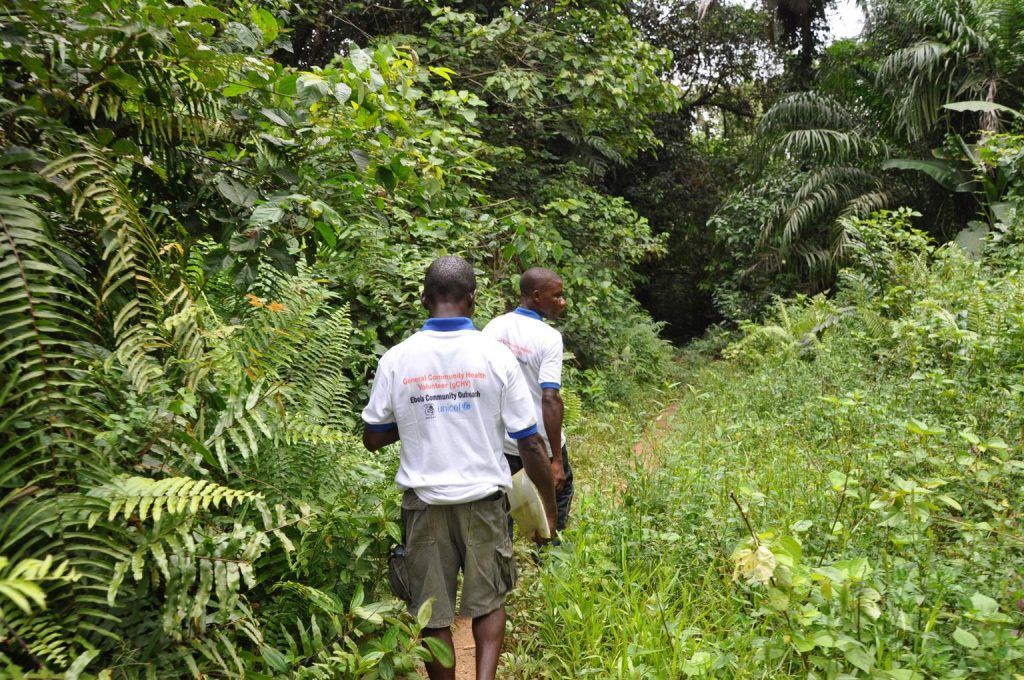Why did Ebola response initiatives in the Upper Guinea Forest Region regularly encounter resistance, occasionally violent? Extending existing explanations concerning local and humanitarian “culture” and “structural violence,” and drawing on previous anthropological fieldwork and historical and documentary research, this article argues that Ebola disrupted four intersecting but precarious social accommodations that had hitherto enabled radically different and massively unequal worlds to coexist.
The disease and the humanitarian response unsettled social accommodations that had become established between existing burial practices and hospital medicine, local political structures and external political subjection, mining interests and communities, and those suspected of “sorcery” and those suspicious of them.



